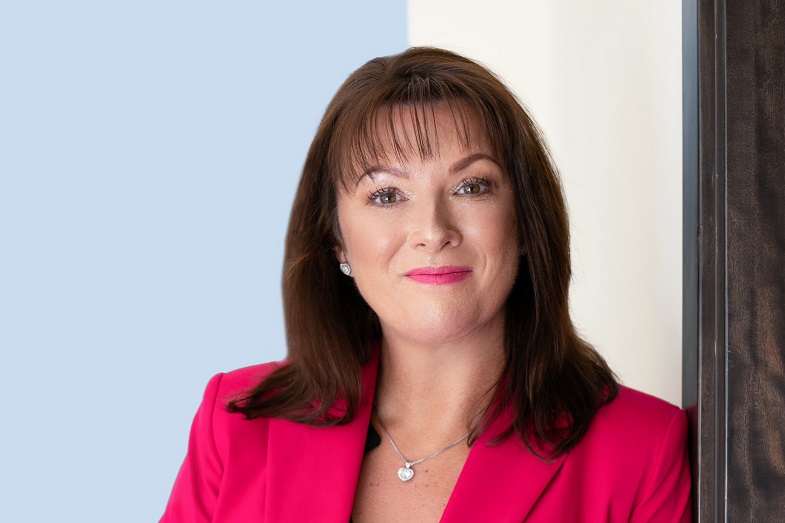As the end of 2024 beckons, reflections on the progress of professional development within the Middle East insurance sector paints a very positive picture, with various developments having taken place that augur well for the future, reports Gaenor Jones (pictured), regional director of the Chartered Insurance Institute.
As the international body tasked with boosting professional standards across the globe, the CII in the Middle East works closely with the region’s regulators and a variety of stakeholders to influence corporates and individuals to attain internationally recognised qualifications.
In the United Arab Emirates we have witnessed very encouraging signs that the mandating of qualifications will soon become a reality. This is a very welcome development as it will ensure that those advisors who have not attained the relevant qualifications befitting their designation take the necessary steps.
It will also shine a light on the crucial role that CPD (continuing professional development) plays in ensuring that advisors remain abreast of new, emerging and shifting trends affecting the sector and their clients. It is hoped that other GCC nations will be inspired to follow suit and as the market matures, make an official commitment to upskilling their insurance sector workforce via qualifications mandating.
The unexpected and devastating April floods experienced by the UAE were an acute reminder that professional development is a collective sector issue, not just an individual company one. The episode demonstrated that the once widely held argument by corporates that, “If we educate them, then they might leave” was no longer salient or relevant. Many companies were forced to recruit new team members to deal with the unprecedented barrage of claims, and their preference was to employ those who held internationally recognised qualifications, thereby providing immediate evidence of their technical knowledge.
In addition, at a time when both consumers and businesses were under great stress, the value for corporates of employing an advisor who could apply their “soft skills” in a challenging, often emotional scenario, was really important. These advisors were individuals who had honed their interpersonal and customer facing skills via CPD and they were able to apply what they had learned.
The importance of professional internationally recognised qualifications is also being fuelled by government legislation and directorates, including Nationalisation Programmes. The CII was pleased to have made a positive contribution to the ETHRAA initiative, an Emiratisation project introduced by the UAE government and operated by the EIF (Emirates Institute of Finance) to provide valuable career pathways for insurance sector employees.
Emirati students employed by several high profile corporates have bolstered their professional development by attaining some of the highest exam marks across the globe in their journey to achieving the CII Certificate, with a new EIF cohort now enrolled for 2025.
In the corporate arena, the CII’s International Professional Partner Firms initiative continues to flourish, attracting new companies each month, and is great testimony to how employers are realising the value of supporting their employees on their personal development journeys via CII qualifications attainment. These IPPFs also demonstrate their adherence to upholding the CII’s code of ethics, and are very diligent and committed in their approach.
We are able to report very positively on the maturing market in Saudi Arabia too, 2024 witnessing the forging of an agreement between the CII and the Financial Academy which reaffirms the entity’s commitment to professional qualifications attainment and the delivery of accredited learning for the sector’s professionals.
The CII has provided official accreditation for the Academy’s training centres; they now operate as Associated Professional Development Centre (APDCs). These are training centres which employ CII endorsed systems, processes and learning materials and which only offer CII accredited trainers who offer robust best practice teaching and learning support for students.
There is no doubt that developments in 2024 indicate a market that continues to mature, with robust professional standards and professional development positioned higher on the agenda than ever before. We look forward to fostering further collaborations and partnerships with key stakeholders, regulators and corporate organisation in 2025 and beyond; a new era of progress for the sector.





